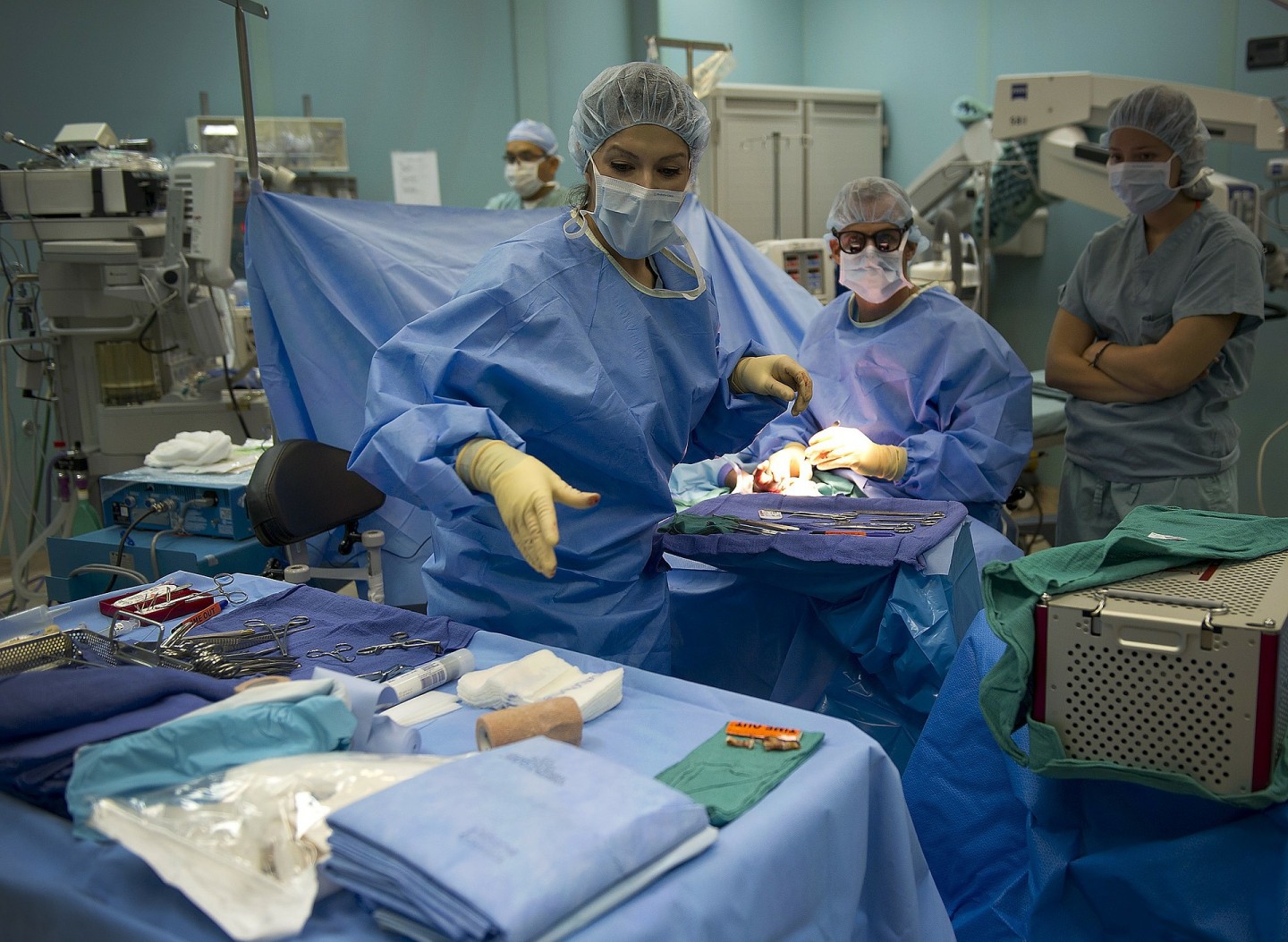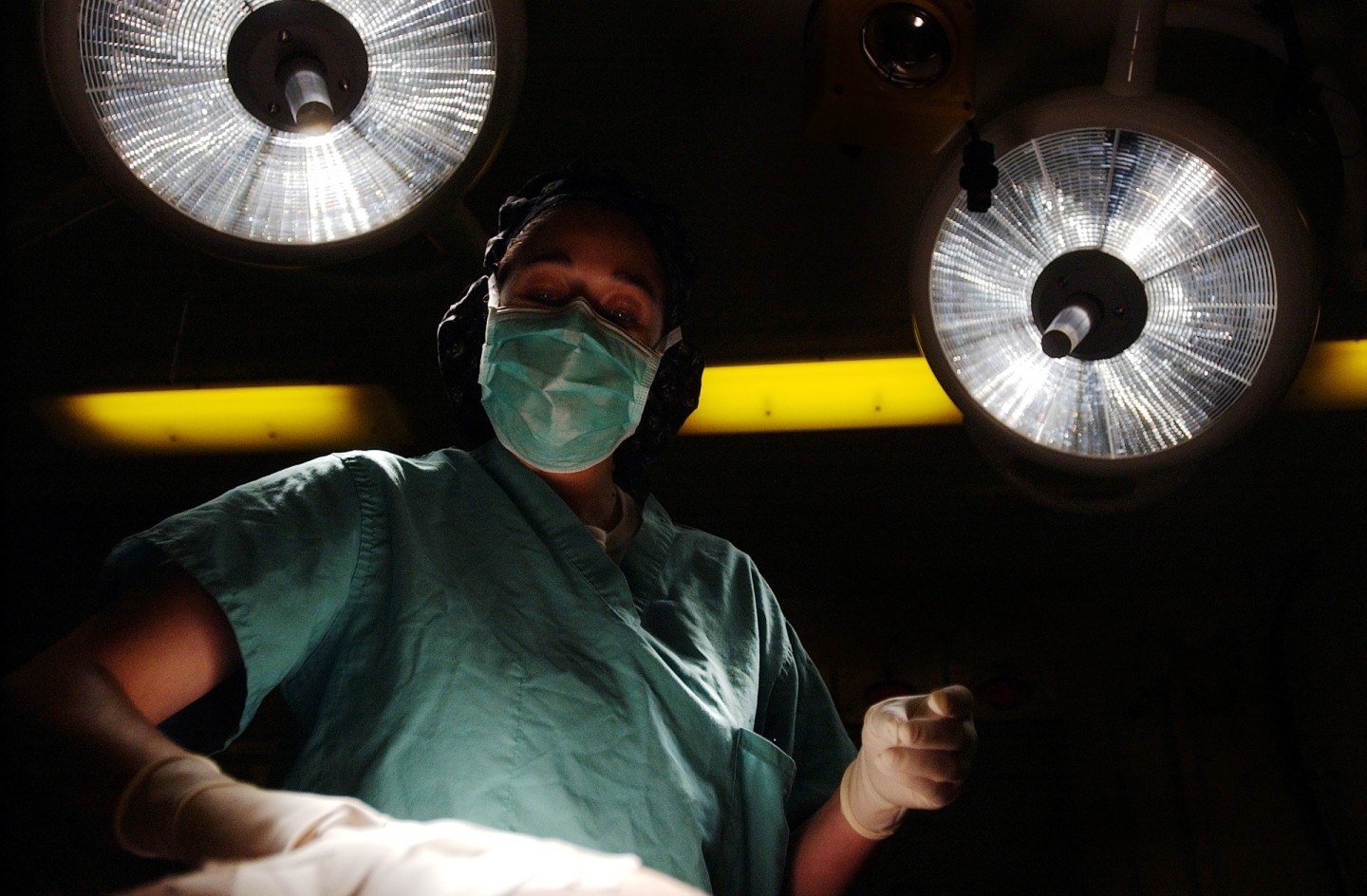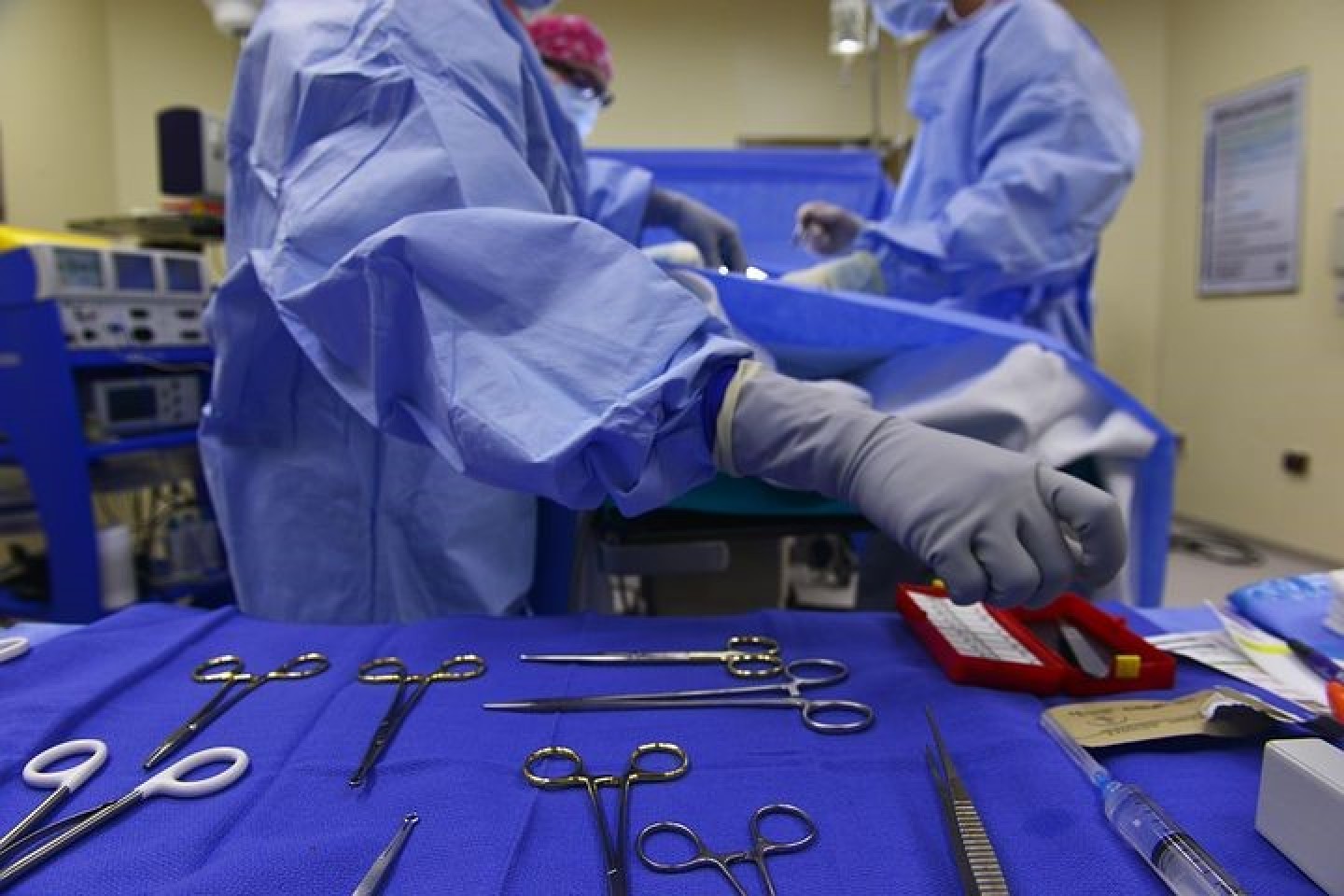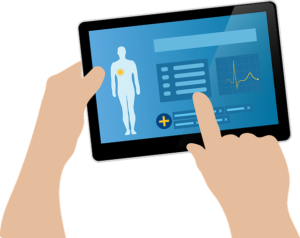Salespeople in the medical device industry have a lot on their plate.
These salespeople have to find new customers, meet with them a ton, follow-up countless times with all stakeholders, (not just the physicians), attend surgery, sometimes follow-up with actual patients all the while making sure their product is always on the mind of the surgeon so when the right patient walks through their door, that reps device is what’s on the physicians mind. (dang… I was running out of breath saying all that. My middle school English teacher would not be impressed.) This kind of work requires a focused approach from initial interaction to the first time the surgeon uses your product and beyond. Indeed, more than most sales positions, the onus on a medical device sales rep is to maximize revenue from return customers all while competitors are nipping at their heels… over and over and over…

Medical Market Development Means Getting Data, When You Need It
The most important objective for the medical device salesperson is offering a product that solves a real problem for a doctor in the field. But the product itself is only half the battle. The other half is building a community of customers that rely on your insight and utilize your products because they believe in, not just the product, but the salesperson too. The surgeon believing in the rep (I know this may sound completely crazy to people not in this industry, but the physician surgeons really do rely on a lot of these reps for advice in the Operating Room, or in more cases than ever before, their business acumen and market knowledge.)
The sales cycle of the medical device salesperson really isn’t a zero-sum game like many industries. Physicians have little switching costs. They can change products from month to month, day to day or even surgery to surgery. The salesperson really is fighting to grow their business, keep their business and defend their business on a daily basis. This industry truly represents a never-ending sales cycle.
So how can you go about winning that never-ending sales cycle? Here are some tips:

Isolate Your Target Group
Far too often, sales reps will set out on the road with tons of information and a perfect product that can totally solve a problem for a physician. They start going door-to-door in their region and hope to make a good first impression by ‘sticking to the script’ they devised beforehand. (If this sounds a bit “old school,” that’s because it is! This isn’t supposed to be the way it stays!)
This approach is proving far less effective than isolating your target group and formalizing an unique approach to each customer. (I know, I know… all you salespeople are laughing at me right now. You’re all saying I’m crazy. You’re all saying, “How in the world am I supposed to have a unique approach to each customer? I have a hard-enough time calling on new customers much less having a unique approach for each. We talk about this at our National Sales Meeting, but nobody really does it. Marketing thinks that this is what it’s “supposed” to be like, but we all know the majority of them have never carried the bag, so how would they possibly know?” and on and on and on…)
Maybe you should try using that nifty CRM your company spent 6-7 digits on and see if it uncovers information about the docs you want to call on but never have… negative ghost rider, it only shows information from current customers or past customers. AWESOME. So, here we are… back to old school again… Newsflash, it doesn’t have to be that way…
With the “non”-CRM ProSellus which provides individualized data points on each customer, such a honed approach is possible, all in seconds, all in the palm of your hand. So not only do you make a better first impression – you can also create notes about a customer and use it to inform your follow-up meetings (ie. What the doc likes, what they don’t like, who’s their scheduler, what days do they operate, what are past experiences, etc). (OK… My sales pitch is over for this blog… I gotta get that in there somewhere…)
[prosellusbanner]
Never Close the Door on a Customer
Consistency is your bread and butter in the medical device sales industry. Consistency in communication, consistency in product design, and consistency in marketing approach. You never want to be in a position where you have ignored a customer for over 2 weeks, because it makes a poor impression and quite frankly looks like you don’t care. Do you really want their business anymore? Probably not if you never reach out with new product options or customer referral options. ‘Never close a deal’ must be in the back of your mind every single time as you make a visit to a recurring customer.

Keep Things Informal, Well kind-of…
The best kind of salesperson is more like a friend that is a business consultant than the average box-opening “sales person” (Don’t get me started on “box-opener’s” they’ll be the first victims of the Rep-Less Sales Model.) Doctors have workflow issues due to ineffective technology all the time. The only people that can help improve their workflow are medical device sales reps, who come in with innovative technology, experience and offer effective solutions. Why not make the most of that recurring relationship! It beats going out and fighting hard to earn new customers every month to meet your quota.
The key is building an informal relationship with your customer that goes beyond your product and walks into the world of business. (And I’m not talking about “We’re friends. We hunt together. We drink together,” etc. That can help, but that will not keep you from losing a major customer by relying on the “we’re buddies” plan.) You are going out on the road and helping your customers solve business problems every day. This will get you MUCH further down the road.
If you’re an invaluable resource that creates value consistently, constantly showing new innovative ways to approach their business you will not be replaced. You’re simply too valuable.
And lastly, a few blogs back I wrote about the Rep-Less Sales Model; if you don’t manage your business like it was described above, I can assure you, you run a very high risk of being a victim of this model, and company’s are looking for any way to move to it.
If you’d like to talk more about winning the game that never ends or want to learn more about ProSellus the Healthcare “non”-CRM reach out to me at scottwalle@prosellus.com . I’m always happy to chat.
[prosellusbanner]









